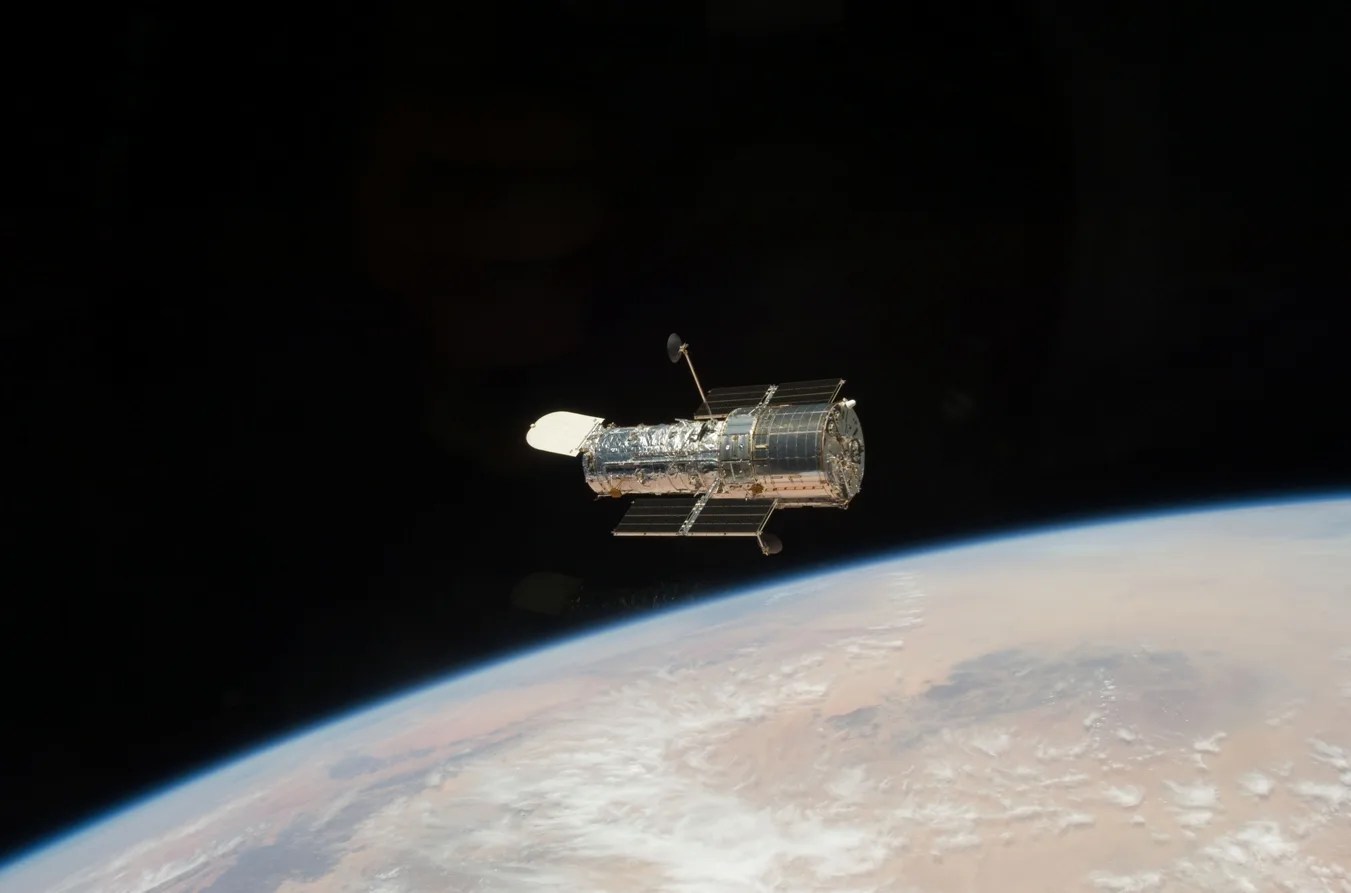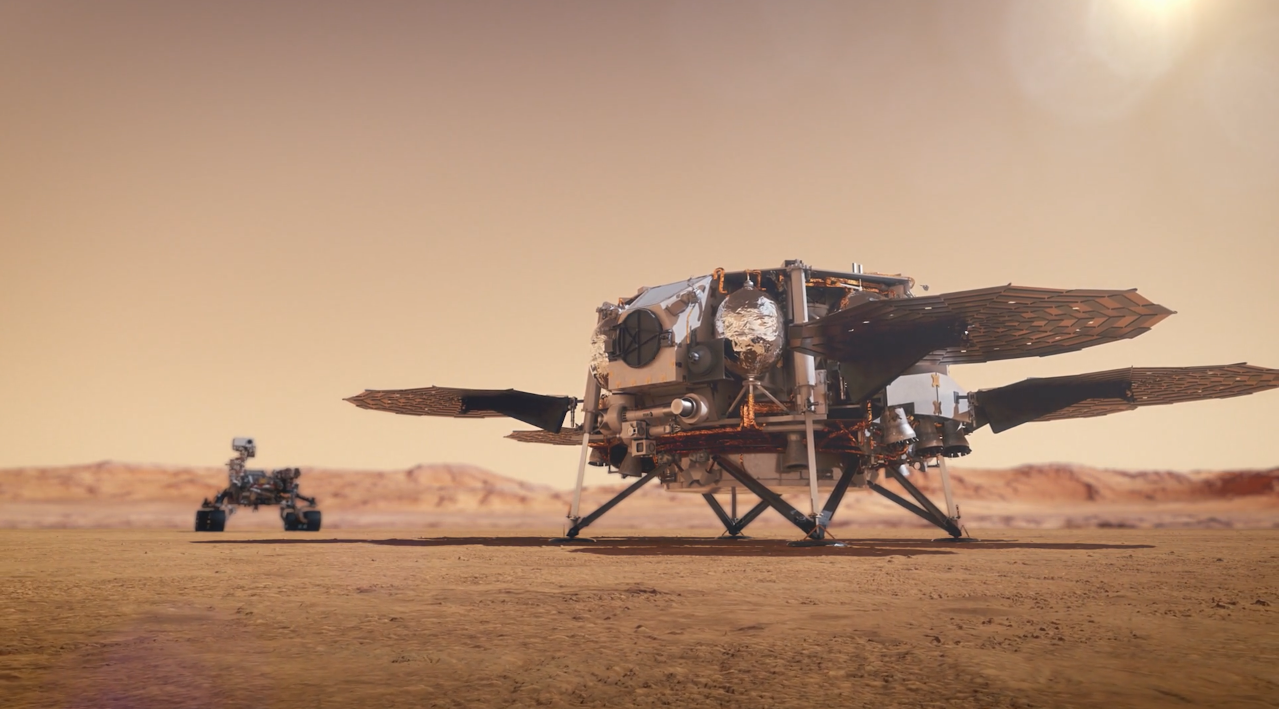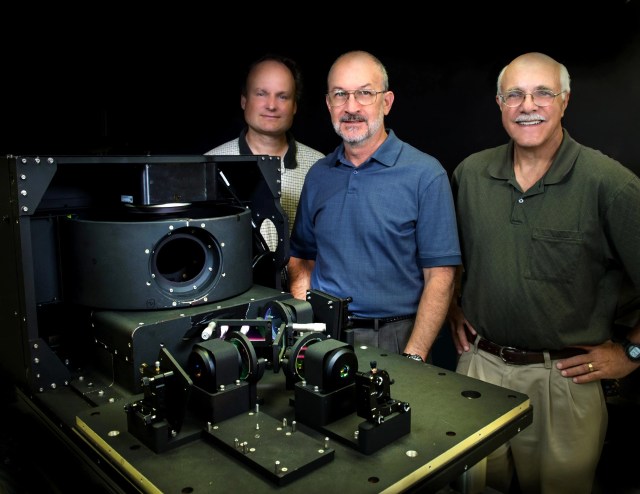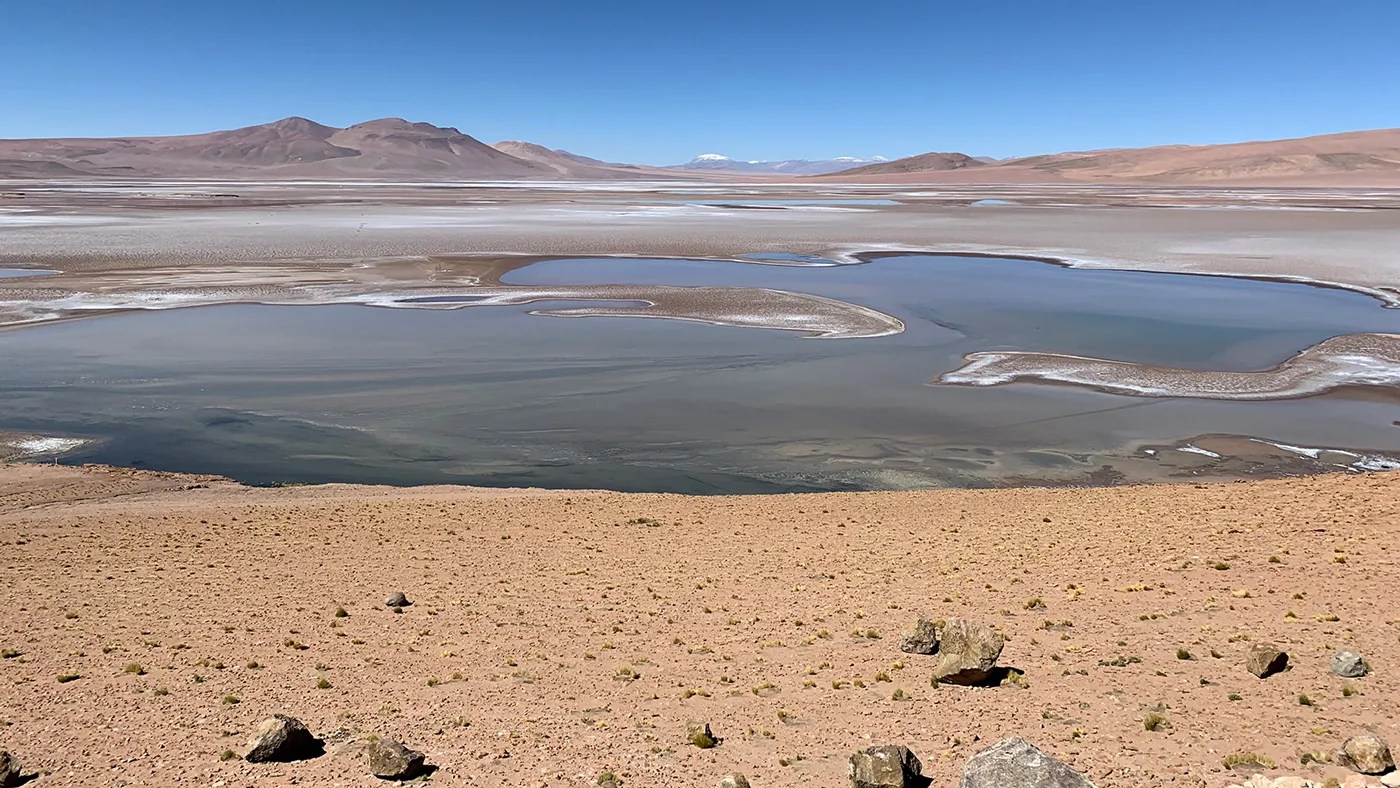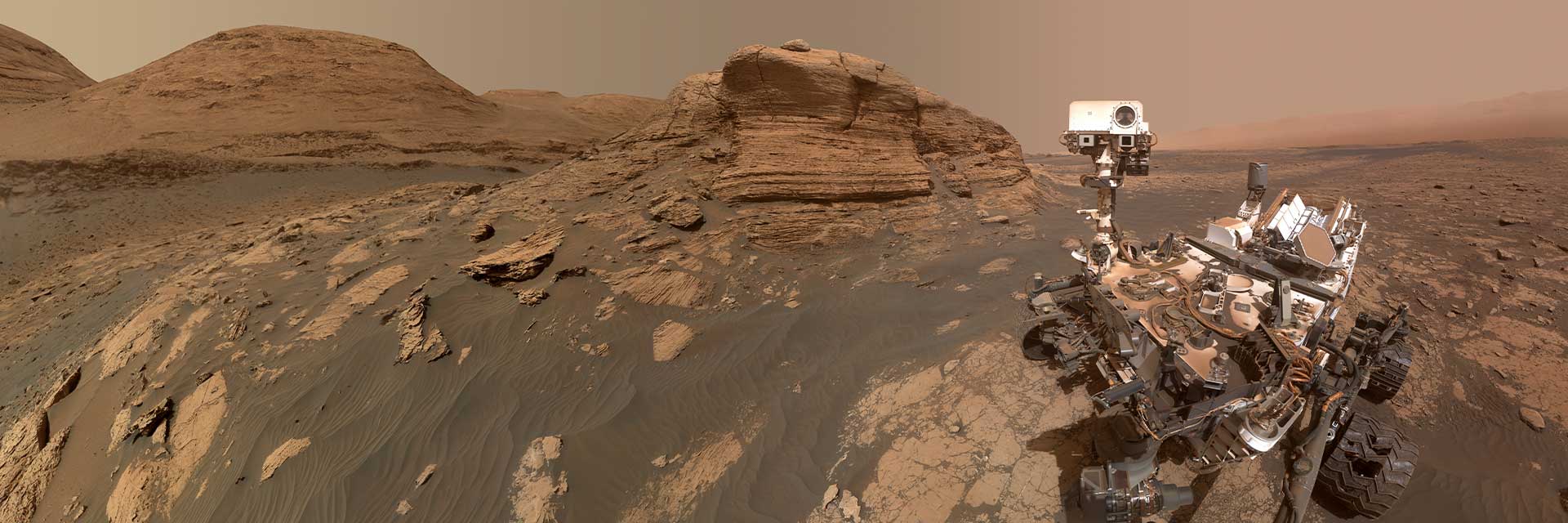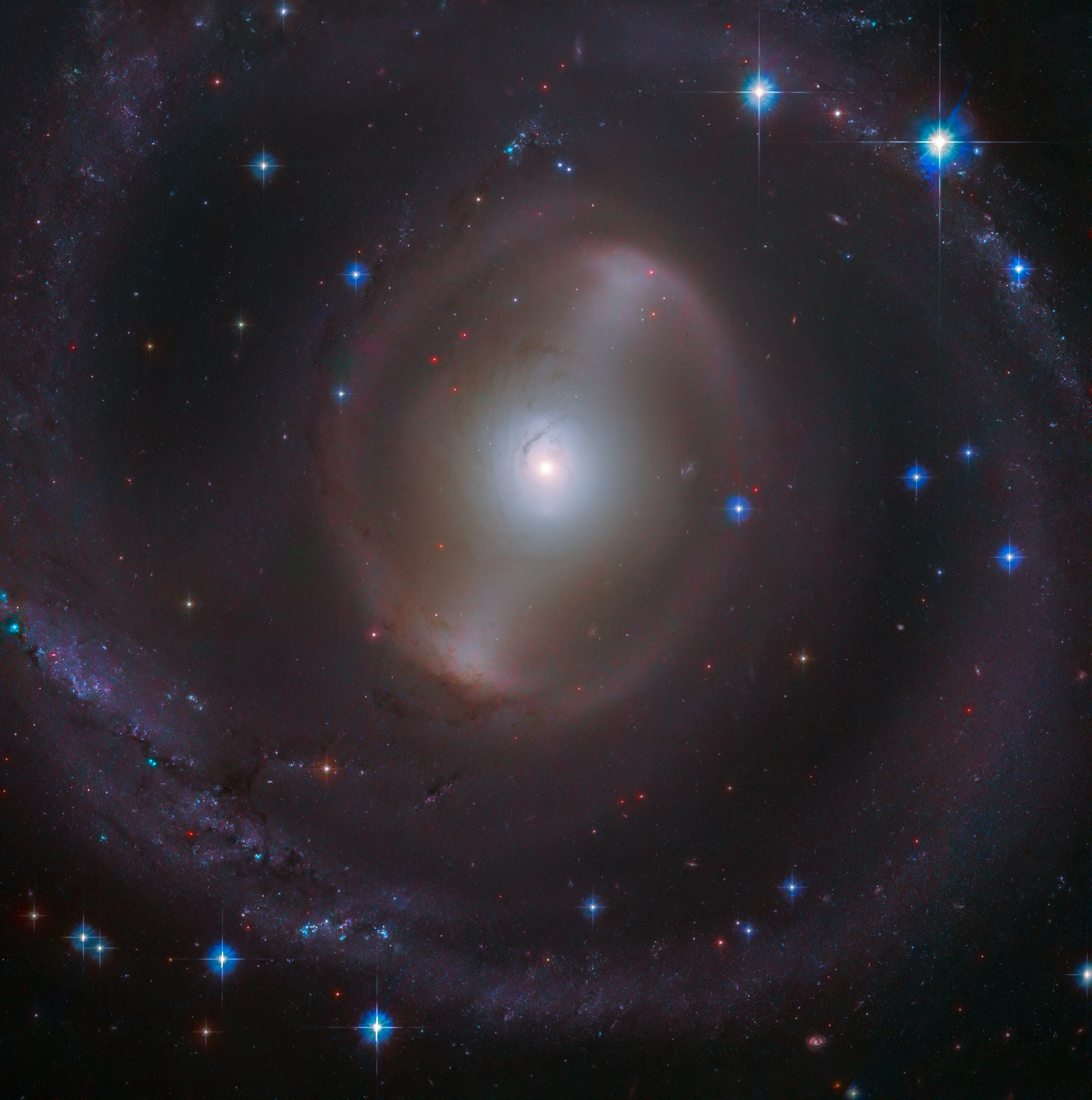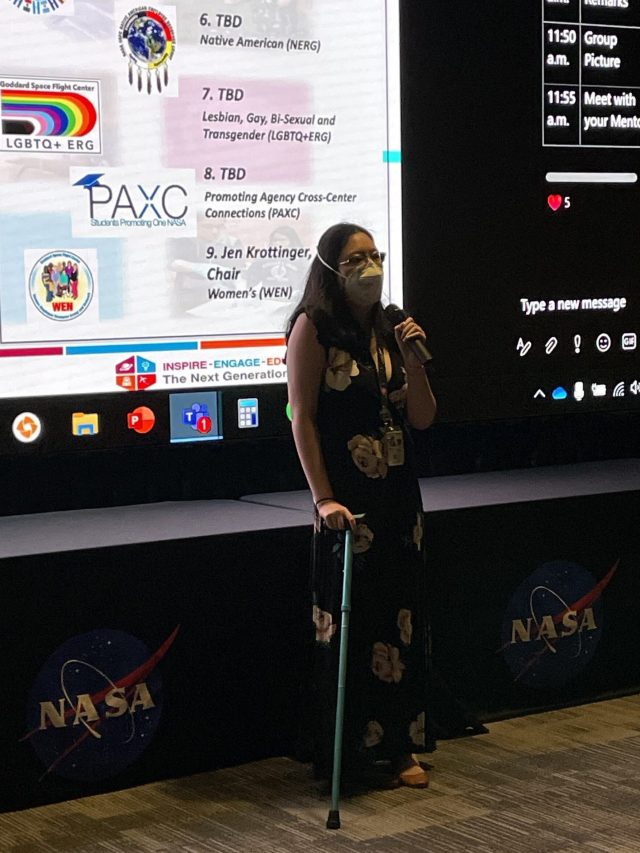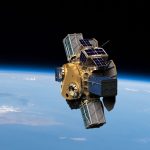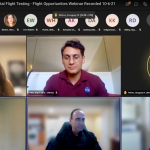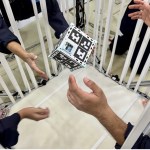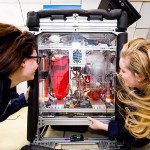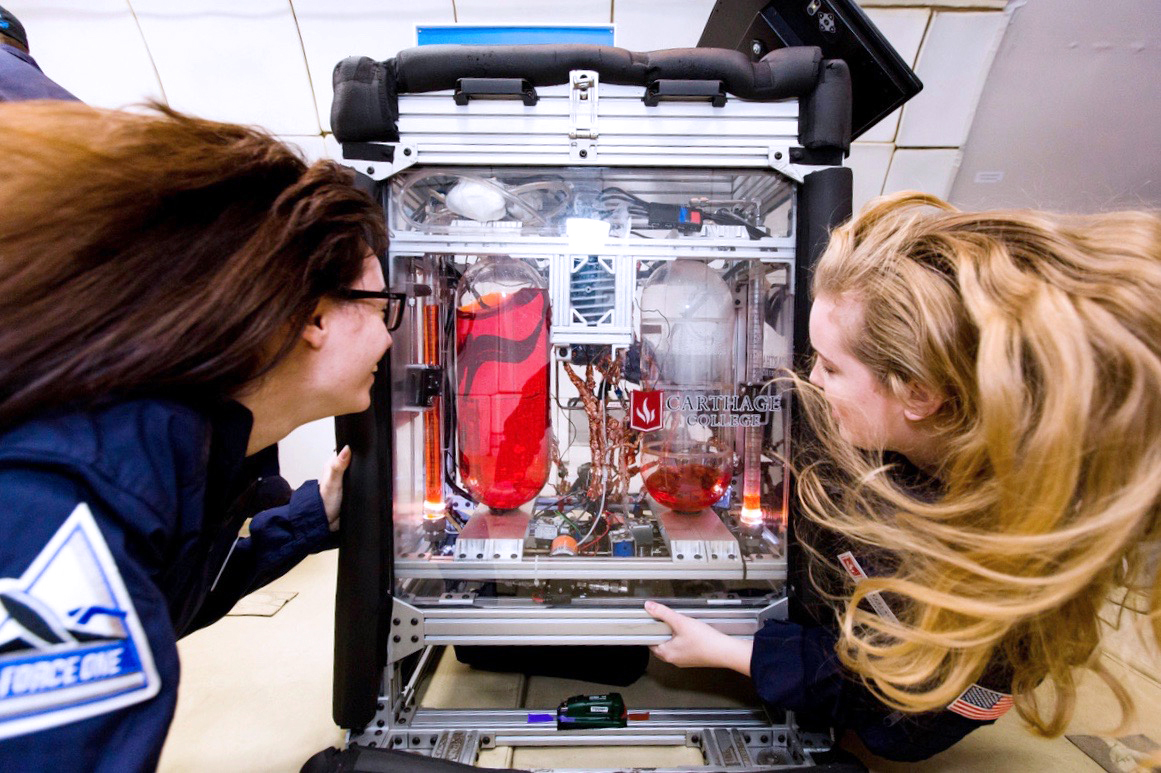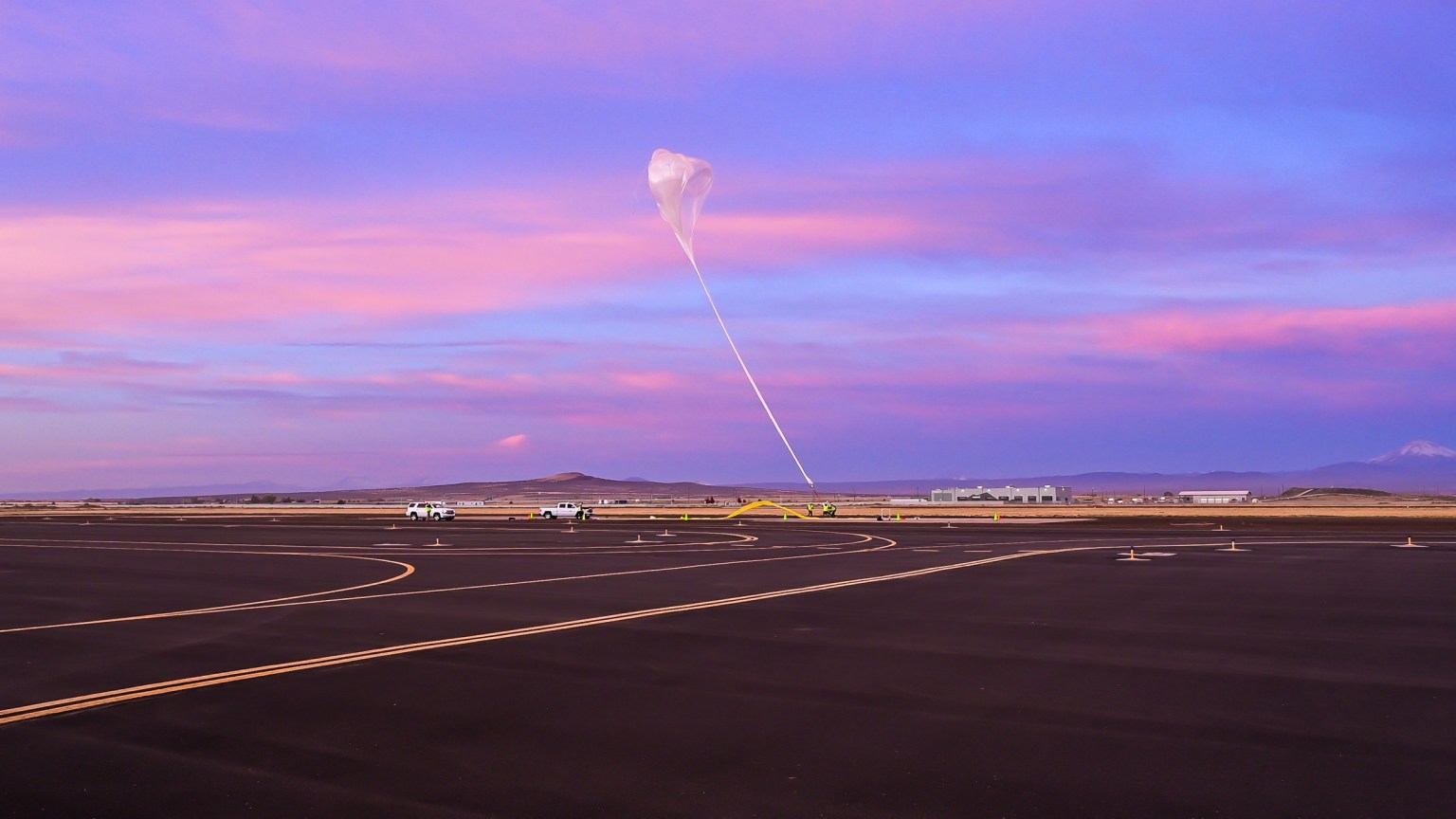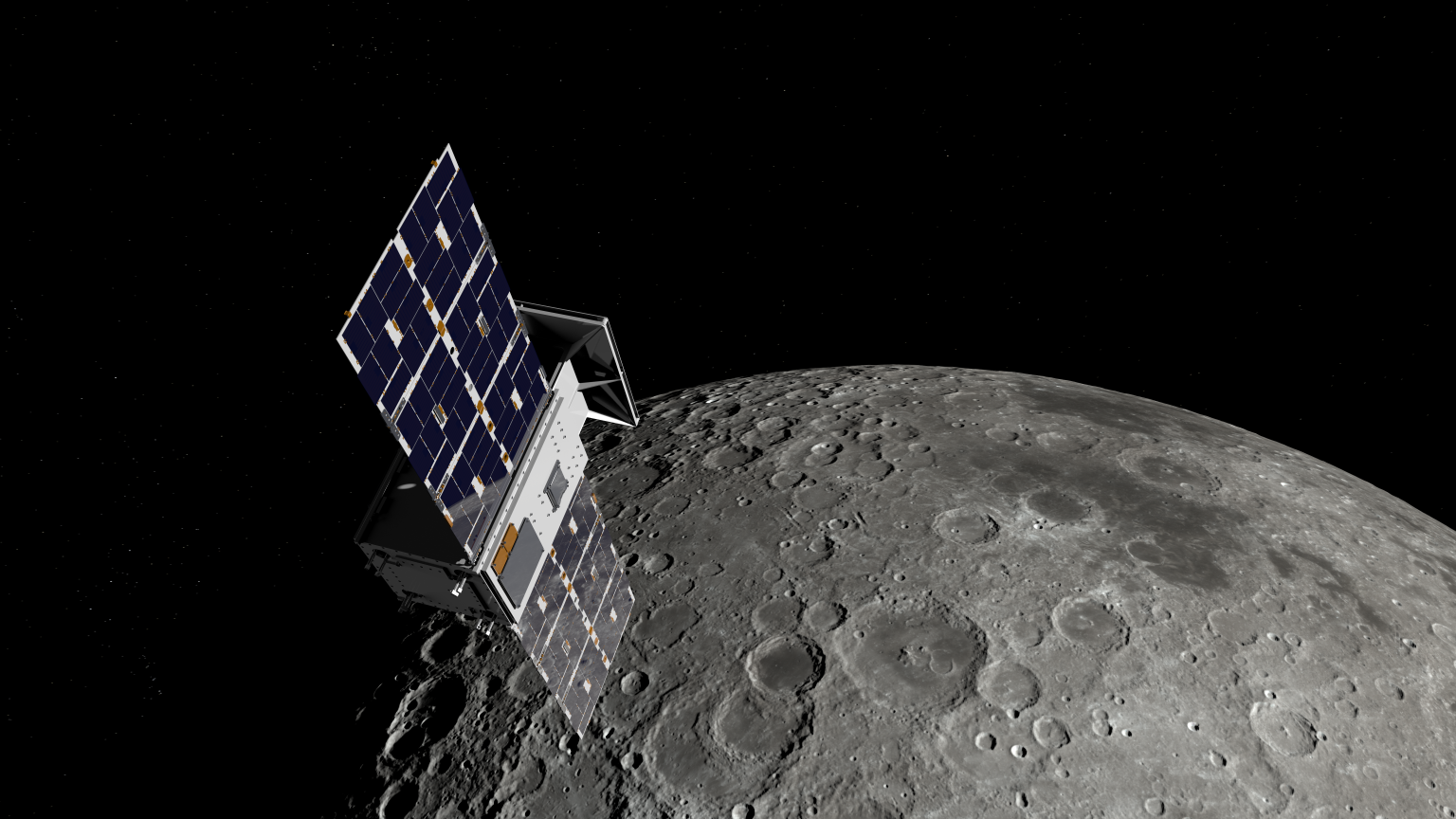FLIGHT OPPORTUNITIES COMMUNITY OF PRACTICE WEBINAR
Advancing NASA Technology Priorities: Cryogenic Fluid Management
Speakers:
- Jason Hartwig, Ph.D., Research Aerospace Engineer, NASA’s Glenn Research Center
- Alexander van Dijk, Technologist, NASA’s Flight Opportunities program
- Florian Chavagnat, Ph.D. Candidate, Massachusetts Institute of Technology (MIT)
January 4, 2022
Abstract
Suborbital flight tests through NASA’s Flight Opportunities program can be used to advance technologies with a wide range of applications. The strategic framework developed by NASA’s Space Technology Mission Directorate (STMD) names cryogenic fluid management as a key technology need for long-duration space missions. Join representatives from Flight Opportunities and NASA subject matter experts to discuss how suborbital demonstrations can support efficient technology advancement. This session will also include the perspective of Flight Opportunities-supported researchers to illustrate best practices for flight testing technologies with NASA priorities in mind.
Download the slides
Speaker Bios
Dr. Jason Hartwig is a research aerospace engineer at NASA’s Glenn Research Center in the fluids and cryogenics branch. Jason received his B.S. in physics and his M.S. and Ph.D. in mechanical engineering from Case Western Reserve University. Jason’s main area of research is in the development of advanced propulsion concepts, both in-space and for commercial aircraft. Jason is the PI for the Reduced Gravity Cryogenic Transfer Project investigating efficient chilldown and transfer methods for in-space cryogenic propulsion systems. He is also leading research, analysis, and technology development for other transfer aspects, including liquid acquisition devices and two-phase cryogenic flow boiling. Recently, he was a Co-I on the first ever hot-fire test of a liquid oxygen/liquid methane lander at thermal vacuum conditions and a Co-I on the famous Titan submarine and Triton Hopper vehicle design concepts. He is also the cryogenic fluid management subtopic manager for Small Business Innovation Research (SBIR) and Small Business Technology Transfer (STTR). Additionally, Jason led the design of a cryogenic testbed for superconducting coils for future electric aircraft and is contributing to a new test rig to measure AC losses of superconductors. Jason is an Associate Fellow of the American Institute of Aeronautics and Astronautics and was recently voted to be a board member for the Cryogenic Society of America. He won the prestigious NASA Early Career Achievement Medal. To date, Jason has 60 peer-reviewed journal publications, 72 conference papers in the archives, and 1 book. Jason is also heavily engaged with academia and mentoring students inside and out of NASA.
Alexander van Dijk is a technologist with NASA’s Flight Opportunities program where he performs due diligence on funding requests from researchers for commercial suborbital flight testing. His responsibilities include requests originating from NASA’s Small Business Innovation Research (SBIR) and Small Business Technology Transfer (STTR) pipeline, NASA’s Small Satellite Technology Program (SSTP), NASA’s Established Program to Stimulate Competitive Research (EPSCoR), the International Space Station (ISS) Research Office, the NASA Postdoctoral Program (NPP), and inbound flight requests from NASA researchers. Alexander holds an M.S. in aerospace engineering from Delft University of Technology and is an International Space University (ISU) alum of the 2006 summer session.
Florian Chavagnat is pursuing a Ph.D. in nuclear science and engineering at MIT, having already earned degrees in atomic engineering from INSTN Paris‐Saclay (the French school for energy and health technology) and in energetics and propulsion from France’s National Institute of Applied Sciences in Rouen, Normandy. He has participated in MIT research for estimating the economic feasibility of coupling a fluoride high-temperature reactor with a heat storage system in a combined cycle power-plant, enabling profitable nuclear energy from a low-carbon grid. In 2016, he won third prize for his “Recycling Valuable Materials Produced in Nuclear Fuel for a Sustainable and Enhanced Fuel Cycle in 2040” entry in the prestigious Spark! Contest, which invites current and former students of Franco‐British schools of higher education to produce innovative thinking on an energy topic.


